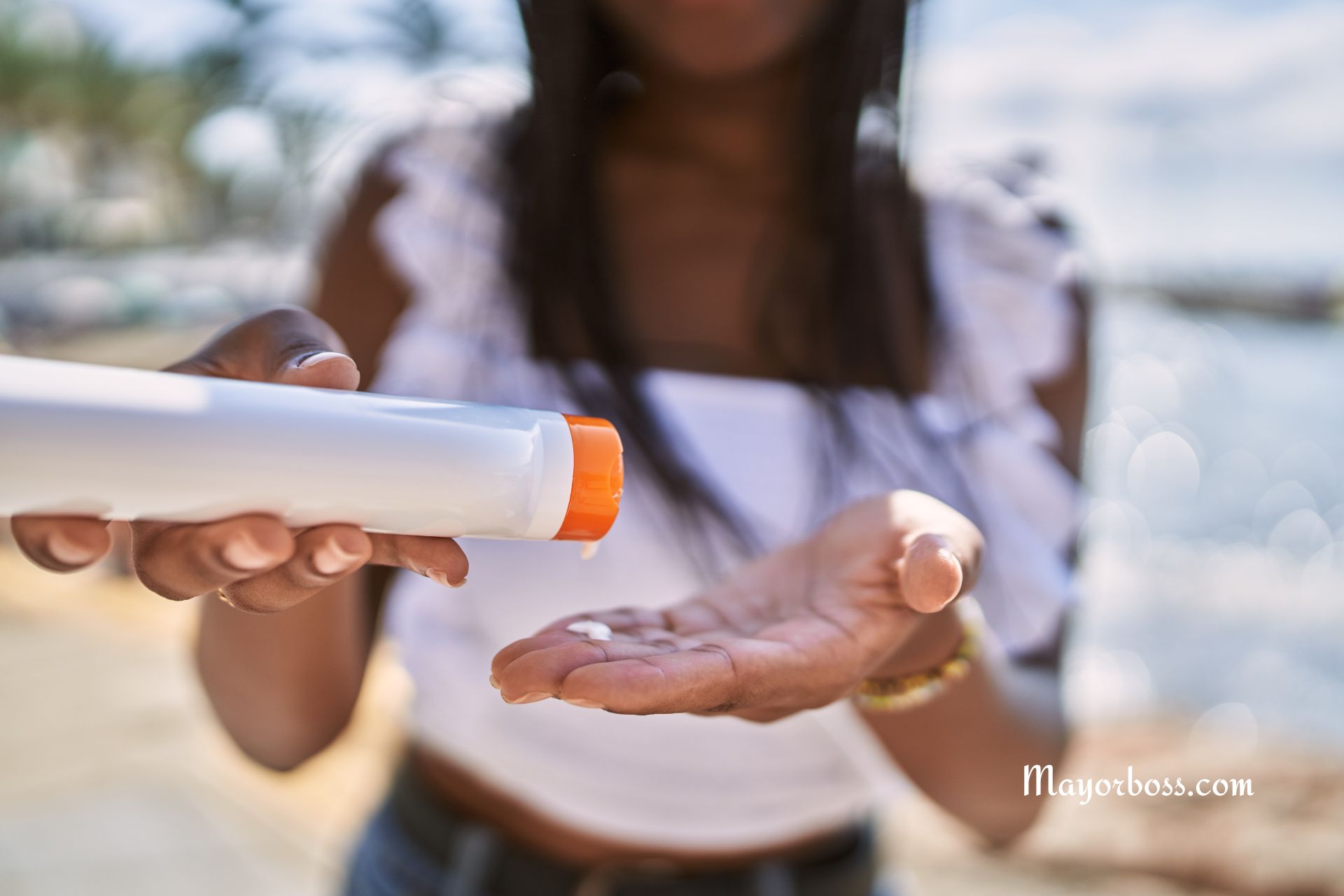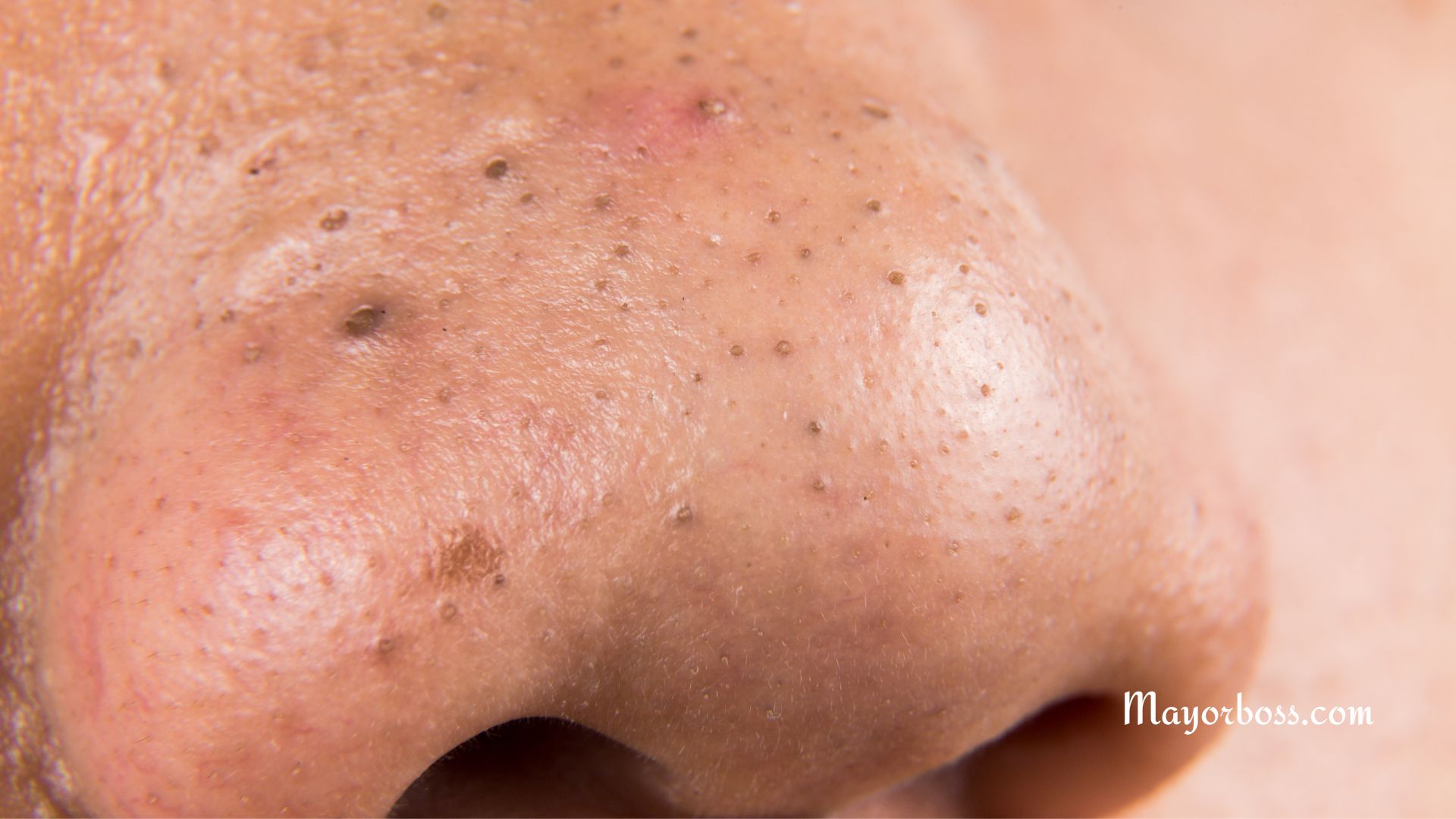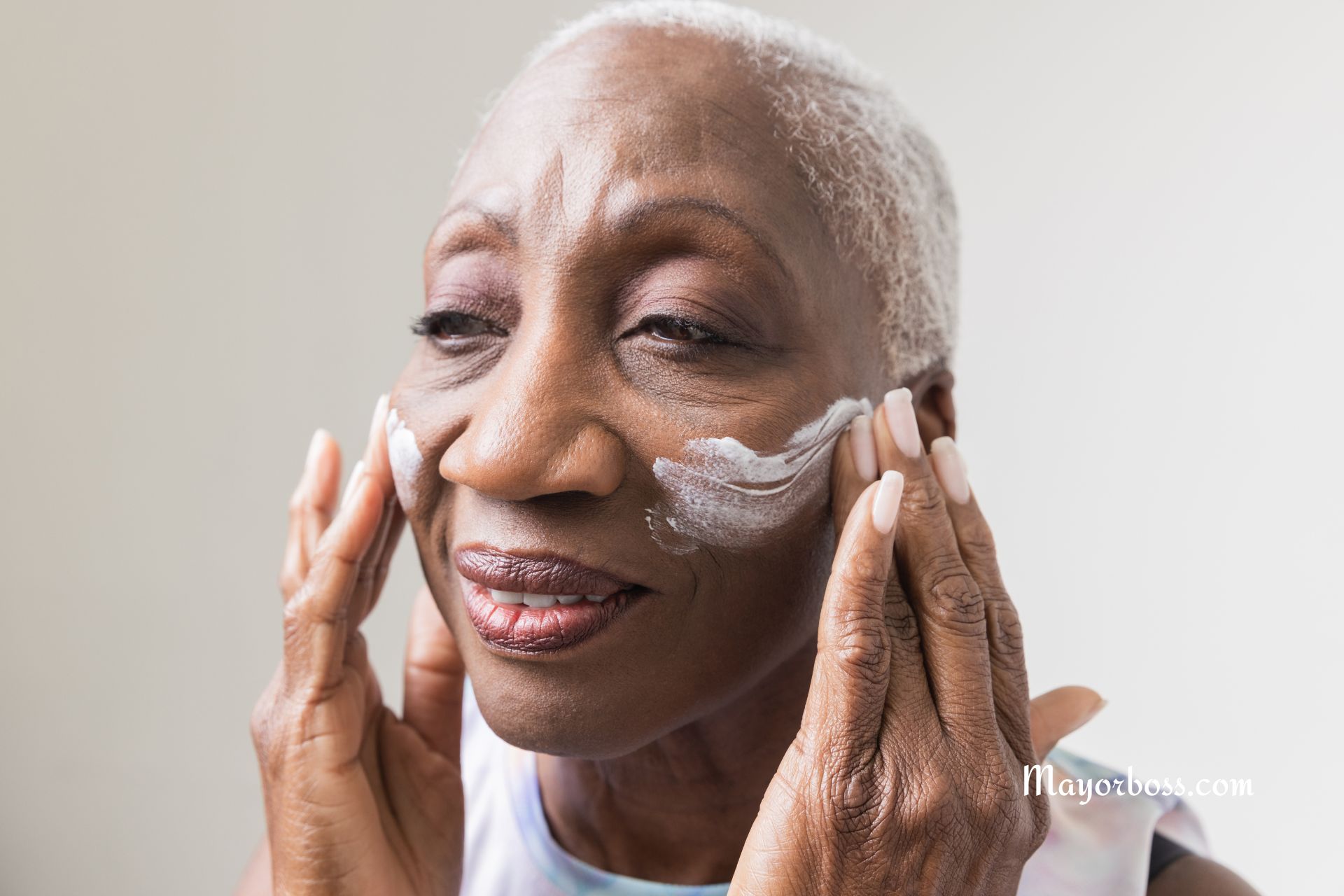The Truth About Sunscreen: Why It’s More Crucial Than You Think
Have you ever stepped outside on a sunny day, felt the warmth on your skin, and thought it was just a pleasant day? Well, there’s more going on than meets the eye. The sun’s rays, while invigorating, can be a silent threat to your health. That’s where sunscreen steps in, not just as a summer accessory but as a year-round shield.

What Exactly is Sunscreen and How Does It Work?
Sunscreen, also known as sunblock, is a product that you apply to your skin to protect it from the sun’s harmful ultraviolet (UV) rays. There are two major types of UV rays that can affect your health: UVA and UVB. UVA rays can prematurely age your skin, hence causing wrinkles and age spots, and UVB rays can burn your skin. Over time, exposure to UVA and UVB can lead to skin cancer.
Sunscreen works by combining organic and inorganic chemicals to filter the light from the sun, preventing harmful UV rays from reaching the skin. Some sunscreens absorb UV rays and directly convert them into heat, which is then discharged from the skin. Others reflect the light away from the skin. Now, you might wonder, how do you choose the right one?
Choosing the Right Sunscreen
When you’re picking a sunscreen, look for a broad-spectrum label—this means it protects against both UVA and UVB rays. The Sun Protection Factor (SPF) is also crucial. A higher SPF number indicates more protection, but no sunscreen can block 100% of UV rays. Generally, SPF 30 blocks about 97% of UV rays, and SPF 50 blocks about 98%.
But it’s not just about the numbers; it’s about how you use it. You need to apply a generous amount of sunscreen to all exposed skin and don’t forget to reapply it every two hours or immediately after swimming or sweating.
Why You Should Use Sunscreen Every Day
According to the American Academy of Dermatology, roughly 80% of the sun’s harmful UV rays can penetrate your skin, even on cloudy days. So yes, wearing sunscreen is crucial even when it’s overcast. Moreover, UV exposure accumulates over time, and the damage can add up. Regular use of sunscreen can greatly decrease your likelihood of developing skin cancer, the most common form of cancer in many countries.
Besides preventing cancer, sunscreen also helps prevent the signs of aging. Who doesn’t want to keep their skin looking youthful and healthy? Sunscreen protects your skin from developing sunspots and wrinkles, so it’s a vital part of any skincare routine, not just for beauty but for health.
Common Myths About Sunscreen
Myth: Darker skin doesn’t need sunscreen.
Truth: While melanin in darker skin does provide some protection, it’s not enough to protect you from UV rays. Everyone, regardless of skin color, can benefit from sunscreen.
Myth: Sunscreen is only for sunny days.
Truth: UV rays can reach you on cloudy, rainy, or snowy days as well. UV rays can even reflect off surfaces like water, sand, and snow, increasing your exposure.
Myth: Using sunscreen can block your body from making Vitamin D.
Truth: While sunscreen does reduce Vitamin D synthesis, the amount of sun exposure needed to produce Vitamin D is very minimal. Regular use of sunscreen still allows Vitamin D formation.
Frequently Asked Questions
How often should I reapply sunscreen?
You should reapply sunscreen every two hours and immediately after swimming, sweating, or towel drying.
Can I use expired sunscreen?
No, expired sunscreen is less effective and may not offer the protection stated on the label. Always check the expiry date before using your sunscreen.
Is sunscreen safe for sensitive skin?
Yes, for those with sensitive skin, it’s recommended to use hypoallergenic and fragrance-free sunscreens to avoid skin irritation.






